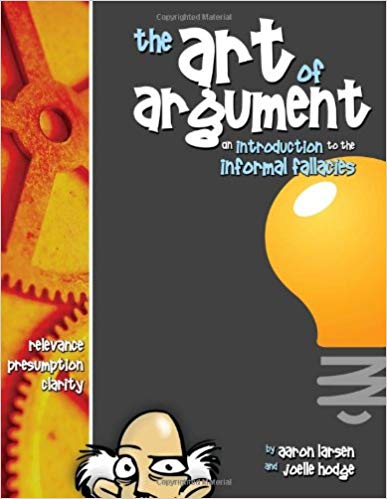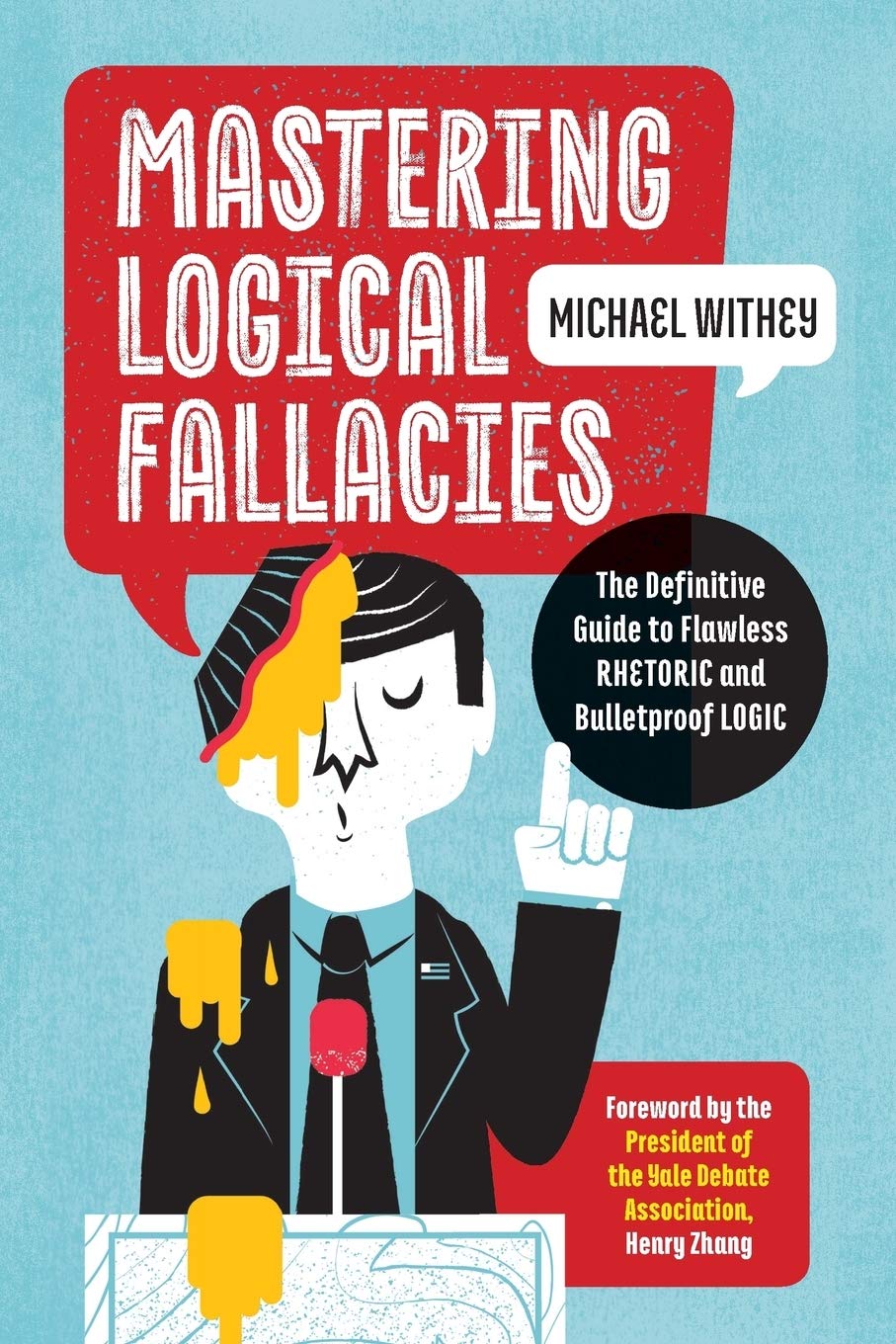
Fallacy of Composition and Division
The fallacy of composition and division makes the assumption that one part of something will apply to the whole, or that the whole must apply to all the parts.
Example of Fallacy of Composition and Division
- Composition: Each part of this chair is cheap, so the whole chair for sale must be cheap.
- Division: Healthy brains think. Healthy brains are comprised of nothing but brain cells. If healthy brains think, then the individual brain cells can think too.

Books About Logical Fallacies
A few books to help you get a real handle on logical fallacies.





Fallacy of Composition and DivisionExtended Explanation
The Fallacy of Composition and Division is a logical fallacy in which one assumes that what is true for the individual components of an argument is also true for the whole argument. This fallacy is often used to make generalizations that are not always true.
For example, if one were to make the statement that "all the parts of this car are rusty, so the car must be rusty," this would be an example of the Fallacy of Composition and Division. In this case, the individual parts of the car may be rusty, but that does not necessarily mean that the car as a whole is rusty.
The Fallacy of Composition and Division is closely related to another fallacy known as the Hasty Generalization. In this case, one comes to a conclusion based on insufficient evidence or data. For example, if one were to make the statement that "all students at this school are lazy," this would be an example of the Hasty Generalization. This conclusion is based on a limited sample size and could be false.
The Fallacy of Composition and Division can also be used to draw a conclusion about a group that does not hold true for the individual members of the group. For example, if one were to make the statement that "all members of this team are strong, so the team must be strong," this would be an example of the Fallacy of Composition and Division. While it is possible that the individual members of the team are strong, that does not necessarily mean that the team as a whole is strong.
In addition, the Fallacy of Composition and Division can be used to draw a conclusion about an individual that does not hold true for the group that the individual is a part of. For example, if one were to make the statement that "this person is intelligent, so their team must be intelligent," this would be an example of the Fallacy of Composition and Division. While it is possible that the individual person is intelligent, that does not necessarily mean that the team as a whole is intelligent.
Overall, the Fallacy of Composition and Division is a logical fallacy in which one assumes that what is true for the individual components of an argument is also true for the whole argument. This fallacy often leads to false conclusions and the misuse of data. It is important to consider the individual components of an argument as well as the group as a whole in order to avoid this fallacy.